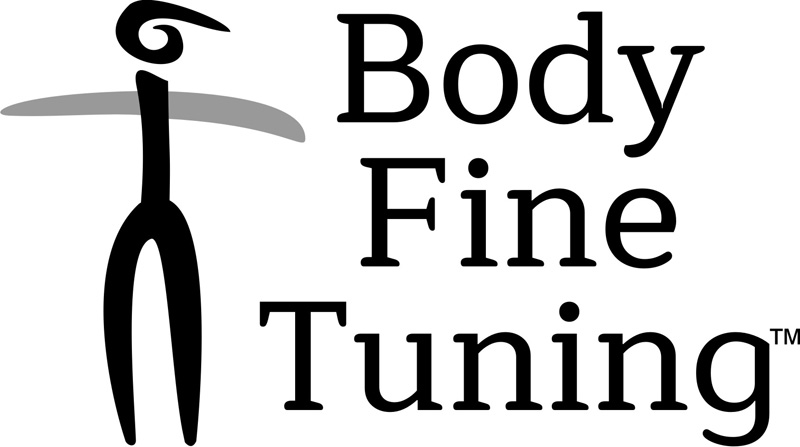Sleep to Boost
Your Immune Defense
Often people think eating healthily and getting regular exercise is enough for maintaining a strong immune system and defense. However, the real game changer is sleep. Every night's sleep is important, because even just one night with less sleep puts your immune system under pressure and stress!
Especially in these times as our health and well-being is threatened by potentially lethal viruses, like the Covid-19 and the ever increasing amounts of toxic immune-stressing nanoplastic particles in water and foods, it is more important than ever to get enough quality sleep.
3 Ways How Sleep Promotes Immune Defense
1. More Immune Cells
It is especially during sleep that your body produces immune cells. This needs enough time. According to research, 7-9 hours sleep allows your body to produce the amount of immune cells you need. [*1]
2. More Responsive Immune Cells
While you sleep, the immune cells store energy, becoming more responsive, ready to act swiftly the following day. [*2,*4]
3. More Accurate Immune Response
While you sleep, your body improves the accuracy of the immune response, by fine-tuning the intercommunication between signals and receptors. [*5,*6]
How Lack of Sleep Affects Your Immune System?
• If you sleep less than 6 hours, you are over 4 times more likely to catch a respiratory virus compared to when you get an average of 8 hours sleep each night. [*3]
• Lack of sleep can reverse influenza immunization effects and reduce vaccination effectiveness. [*7]
• If you get sick, and you continue sleeping less than 7 hours, you need more days to recover.
Over time, a weakened immune system, paired with growing sleep debt, can lead to inflammatory and related disorders, such as cardiovascular disease and diabetes. [*8,*9]
How Much Sleep is Enough?
To understand how much sleep you need, scientists have done research and tests, like brain imagining, testing levels of toxic waste products, and measuring levels anti-immune cells.
As a result, the recommended amount of sleep each night is for:
- An adult — an average of 8 hours.
- Students — an average of 9 hours.
- Children — an average of 9-11 hours
The Moving into Sleep Method
"A sleep solution you can apply instantly"
Ready to Get 10X Better Sleep!
The secret to getting the best quality sleep
lies in doing gentle sleep-inducing movements the way I teach and show in The Moving into Sleep Method.
You can start right away. Contact me for private sleep coaching or learn the method through my online resources.
Wishing you restful nights and energized mornings ahead,
Oliver
Literature:
*1 Sleep deprivation reduces killer cell activity [Psychosom Med 56(6):493-498; Irwin, Mascovich, etc.]
*2 Sleep and immune function [ncbi.nlm.nih.gov/pmc/articles/PMC3256323/]
*3 Short sleep makes you four times more likely to catch a respiratory virus [ucsf.edu/news/2015/08/131411/short-sleepers-are-four-times-more-likely-catch-cold]
*4 Sleep promotes stronger immune response [sleep.biomedcentral.com/articles/10.1186/s41606-017-0019-2]
*5 Sleep boosts immunological memory [Immunol 2011;187:283-90; Lange, Dimitrov, Bollinger etc.]
*6 Partial sleep restriction activates immune response-related gene expression pathways [PLoS One 2013;8(10):e77184; Aho, Ollila, Rantanen, etc.)
*7 Sleep and antibody response to hepatitis B vaccination [Sleep 2012;35(8):1063-9; Prather, Hall, Fury etc.]
*8 Sleep deprivation suppresses immune system [academic.oup.com/sleep/article/40/1/zsw019/2952682 Watson, Buchwald, Delrow, etc.]
*9 Sleep loss activates cellular markers of inflammation [pubmed.ncbi.nlm.nih.gov/19520155/ ; Irwin, Carrillo, etc.)

